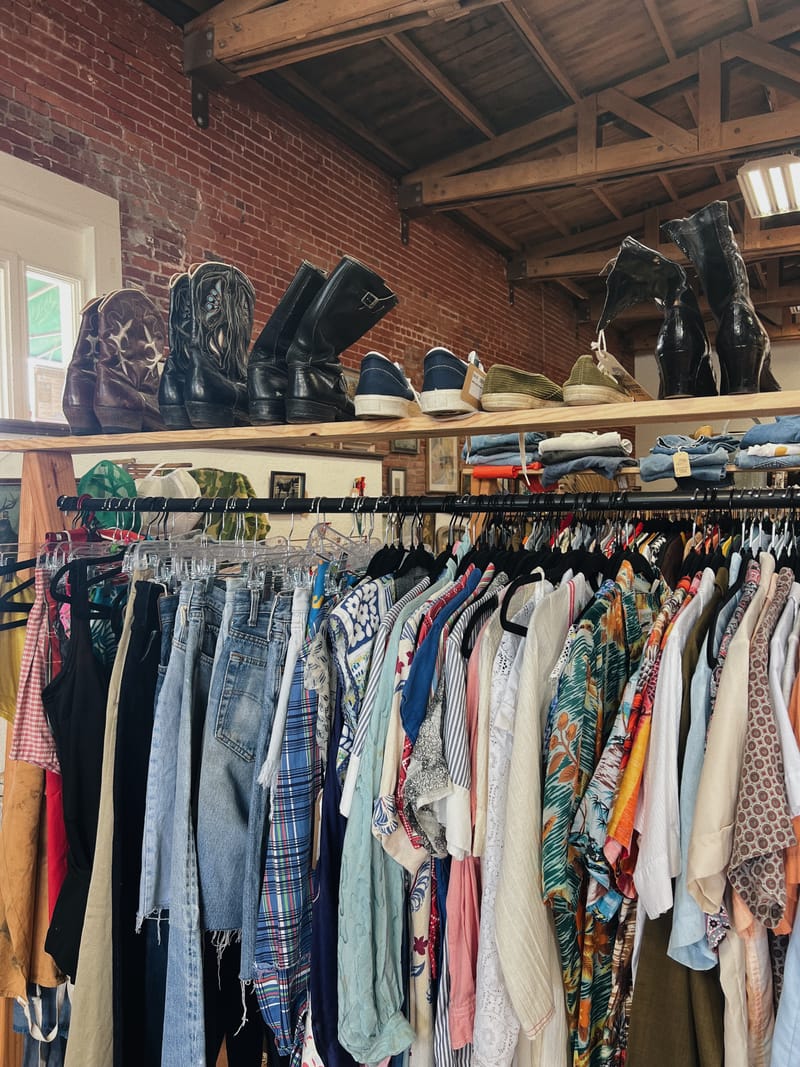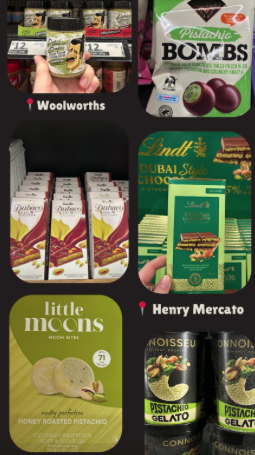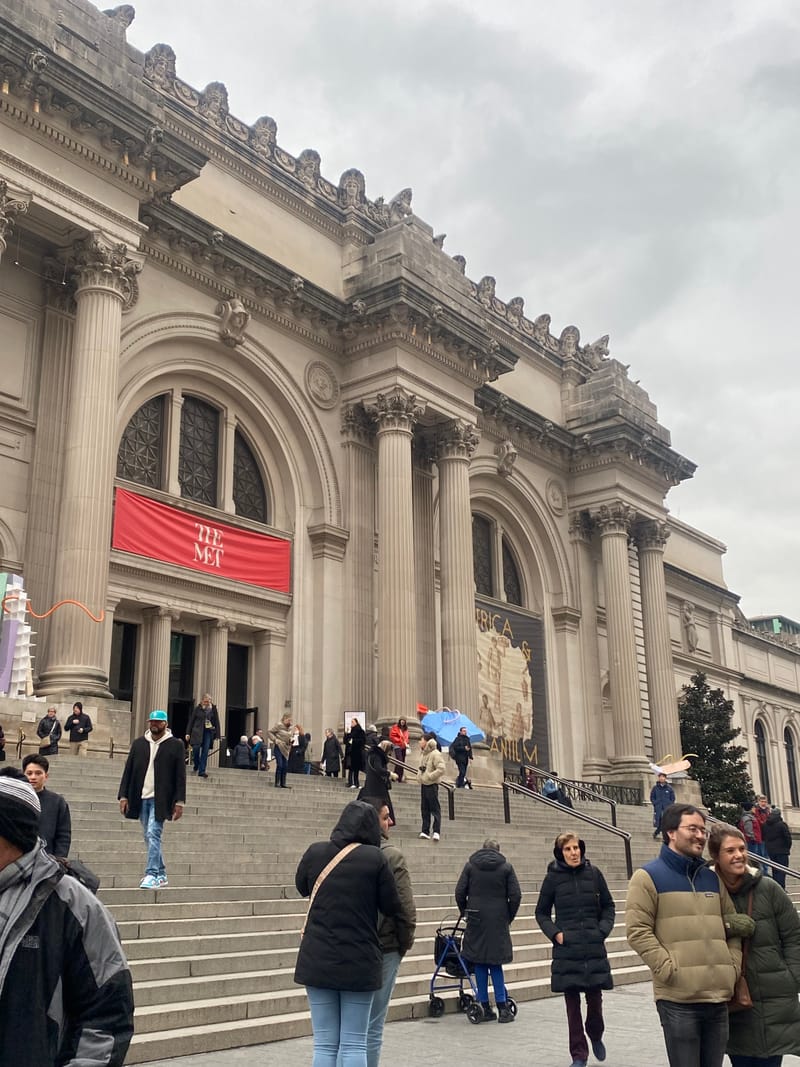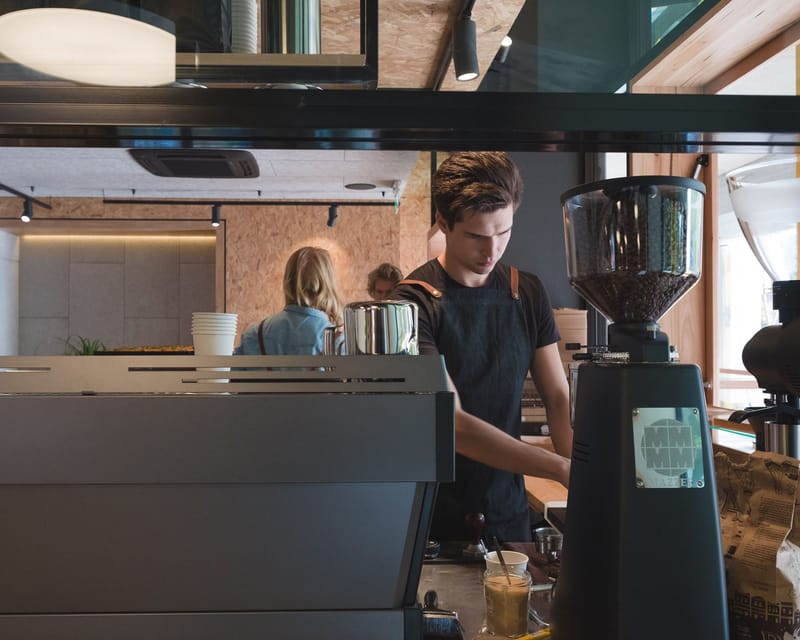Sustainable Slow-Fashion Showcased on Melbourne's Virtual Catwalks
Designers move towards sustainable fashion in the wake of the damaging environmental impacts of fast-fashion.
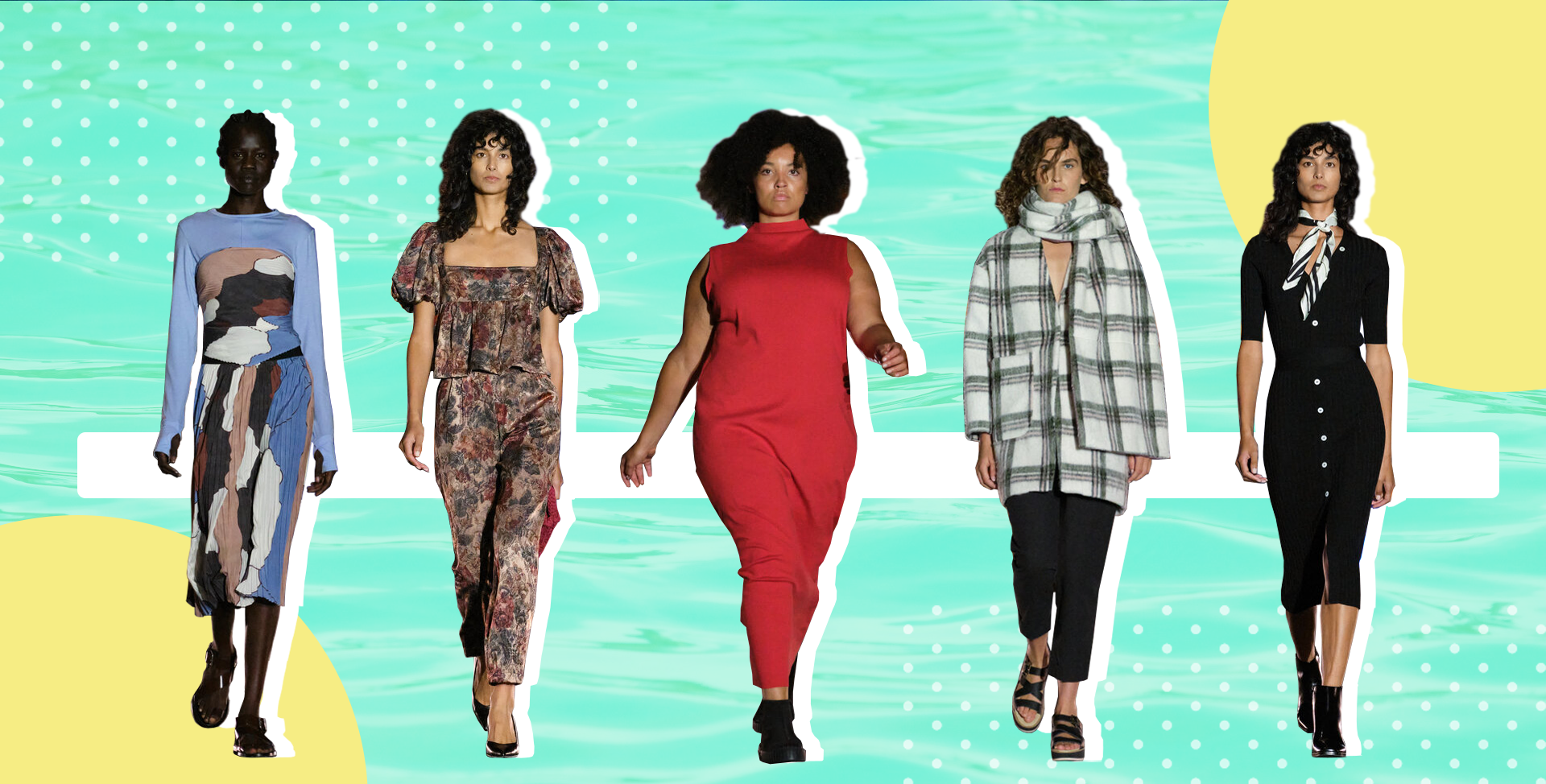
BY STEPHANIE CAITE CHADWICK
Melbourne Fashion Festival looked a little different this year, swapping out regular runways for virtual runways.
The festival is an annual celebration of Melbourne’s fashion community with runways featuring established and emerging Australian designers.
If fashion is fantasy then MFF’s Runway 1 was a dream for an industry that places the welfare of people; designers, workers, and consumers at the centre.
Founder and designer of Kalaurie Kalaurie Karl-Crooks is pleased to see the festival's shift to promoting sustainable collections, which feature garments that are designed to outlast trends and seasons.
“Personally, I feel very proud of the festival for accepting a new direction. I think a lot of the industry is slowly awakening to the idea of making less,” Ms Karl-Crooks said.
Kalaurie is the Melbourne-based womenswear label creating modern heirlooms to last a lifetime through local craftsmanship and their environmentally conscious made-to-order business model.
Ms Karl-Crook’s Heirloom collection showcased on Runway 1 is a reminder of the power of objects in bringing us joy, comfort, and nostalgia.
“I have always been very interested in traditional craftsmanship, creating with great skill, pride, and joy, which is something I think the fashion industry has lost in its essence as it moved into being a global business and industry,” Ms Kalaurie said.
“Ethics and sustainability are a core pillar within the brand and for me it’s really about a heightened sense of mindfulness, ensuring that when I create something it isn’t jeopardising the planet or people,” she said.
The brands showcased on MFF’s Runway 1 all have their own unique origin story but together are making a compelling case for sustainable fashion that will endure the seasonal trends.
Founder and designer of Ngali Denni Francisco believes the festival's promotion of sustainable fashion will assist consumers in making more considered purchases, while sparking creativity in their styling.
“It is difficult to give meaningful attention to reducing fashion wastage if we do not open up the space for fashion to be continually evolving rather than boxed into specific timeframes,” Ms Francisco said.
Ngali is bringing Aboriginal and Torres Strait Islander artwork to the forefront of Melbourne’s fashion scene, through its sustainable collections.
“At Ngali we work to ensure the prints are the heroes of the silhouettes. The inspiration behind these prints is the concept of how, as First Nations people, we see Country,” Ms Francisco said.
“The adaptation of Lindsay Malay's artwork, Taking the Journey print, represents the various tracks of our First Nations people as they walk across Country, following in the footsteps of those who came before,” Ms Francisco said.
There are parallels between sustainable practices and the lens through which Ms Franscisco and Ngali design and manufacture garments.
“The process of Ngali's work operates through the lens of Yindayamarra - fashion that shows respect, is polite, considered and gentle to Country,” Ms Francisco said.
“The antithesis of fast fashion is to go slow, so this way of operating is at the heart of the slow fashion movement and Ngali's design philosophy,” she said.
Kristy Barber is the founder and designer of Kuwaii, a Melbourne-based label providing an alternative to the trend-driven and mass-produced fashion the industry keeps promoting.
“My main drive with Kuwaii is to offer an alternative to mass-produced fashion,” she said.
“The reasons why are many! Environmental, ethical and social encompass all the many, many underlying reasons,” Ms Barber said.
Slow-fashion models are the antidote to fast fashion and the future if the fashion industry is to make a shift towards sustainability.
“There’s so many great brands doing wonderful things in Melbourne at the moment, and it’s really inspiring to see these smaller brands bubbling up doing things differently,” Ms Barber said.
“It’s inspiring to see the fashion model actually changing. Slowly, yet surely.”


